catching the night bus
In conversation with director Simon Baker on his feature film debut
Words Sean Stillmaker
A London night bus is its own sub-culture evoking a meditation on humanity. Watching the rotating cast of characters interact is like an immersive live theater performance, as you journey from end of town to the other in the middle of the night.
From the loud obnoxious drunks, the mysteriously fatigued solo travelers to the couples who are all in various stages of their relationships, no two night bus experiences are ever exactly the same.
There is something deeply intrinsic to London’s night bus culture, and capturing its essence with authenticity and a delicate humanistic touch is first time feature filmmaker Simon Baker and his film Night Bus.
With a deep passion for personal stories and translating them into film, Simon has self-financed his feature debut on a micro budget of £20,000 that was shot in one week. The final cut, however, looks like he had a budget 20 times that with it being executed by a seasoned director with a scrolling filmography over the course of three months.
I sat down with Simon during the London Film Festival to discuss his debut and how he put together Night Bus.
Where did the inspiration for the film originate?
I always loved single location films. I always loved films based on character and dialogue. I think more recently because of the advent of digital technology, certain ideas that you thought were potentially good ideas as a filmmaker suddenly became achievable. My day job as a director is directing commercials and music videos; its good, but I’ve always wanted to make feature films.
I’ve written scripts over the years, come up with ideas, done things and gone a little bit through the mill in trying to get things off the ground. It’s a difficult process and can be quite demoralizing, but I think in the last few years, as I said with the advent of digital technology, if I can think of something so simple, maybe I can make it myself.
The film’s dialogue was entirely improvised, which was created from months of rehearsals with the cast prior to production. Can you elaborate on that decision and process?
Basically, when I literally had the idea, I knew I had potential, but I knew it would take an utterly incredibly talented scriptwriter to write something that was believable throughout all the varieties of voices you have on a London night bus from old to young, ages, sexes and ethnicities.
So kind of inspired by the work of Mike Leigh and even people like Larry David — if you have the idea for a story, maybe just get the actors to tell it like it is and come out with it. The more I thought about it, the more I thought it’s not only a convenient way to make the film but it’s actually probably the most correct way to make it from the point of view of realism and drama.
So when I cast it, I had an idea of what kind of character they could play. In fact it was the actor that inspired the character they would play. And so, I was able to get people together and say, “I like your strength here, I think you two can play together,” and sat them in rehearsal and said, “you’re this kind of person and you’re that kind of person. You’ve been out here doing this…” And then we rehearsed it.
Ultimately all of those things grew — the back stories grew, the little nuances and relationships grew until the point that we got on the bus, we knew everything there was to know about the scene in terms of where it started and what point of conversation they were when they got on the bus and what their underlying issues were — what might trigger that little bit to come out. So the actual physical dialogue of sentences that happened was never in doubt.
It’s improvised but it was a controlled improvisation.
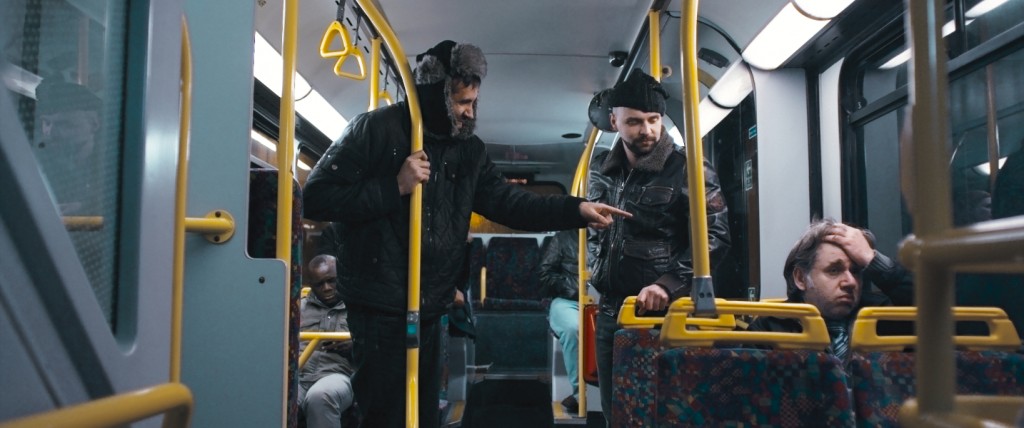
What was one of the best elements to come out of improvising?
There are a few, but one in particular are the Muslim friends that sit in the back.
Initially, I had an idea, which I admit was a cardboard cutout of the character. Obviously in London we’ve had quite a few things happen over the last few years. So I had this idea, which looking back looks very glib, but I had this idea that a Muslim character would be sitting in the back viewing everything and being disgusted by what he saw in front of him. By way the film was structured, you would be led to believe he may do something, but he doesn’t.
I brought in Waleed to play that character because he’s a very good actor. We sat and we talked, and the more we talked about it, the more my idea felt really two-dimensional. And actually the more I spoke to him and listened to his experience and background, I felt it would be much more interesting to have a normal conversation that we talk about things that may be a bit taboo, but we talk about them in such an honest and charming way, that it’s given insight into a world that if you’re not a Muslim, you wouldn’t really understand. The more I thought about it, the more value it would have in a film, especially at a time like this.
So he brought Moshana in and they started talking about things I had no understanding of — talking about Hijabs, marriage, I couldn’t ever write a script like that. I wouldn’t dare write a script like that. I don’t have the background knowledge, but even if I did, I think it would be a bit dodgey. It’s been a great experience making it, and they brought something that I could never have done.

The actual production of the film was practically less than one week. How strenuous was it?
It was five initial nights, and then we did two pick-up nights about two to three months later.
I was prepared for it. One thing that I’ve learned in my day job is that I’m a bit of a boring director in the sense that I meticulously plan out any shoot day because if I don’t do that, I don’t feel confident that I’ll get everything that I need. So that helped me a lot.
We had two hours for each scene and we couldn’t go over two hours and we had so many scenes to do. So five nights, we had to strictly stick to two hours for each scene.
So I went in with a lot of organization and felt relatively good about that. But the thing that was very stressful was that for the very first time as a director, it was entirely my responsibility whether every element of the production worked.
When you’re on a day job as a director, if the actor doesn’t turn up, well, it’s like, take your pay and the actor didn’t show up. But when I’m sitting around waiting for the bus to turn up and it doesn’t turn up, there’s no contingency. That’s two-and-a-half grand down the pan. And it was incredibly stressful from that point of view.
But I was very fortunate to have such a great cast and crew that really bought into the idea and become a great big family and we all kind of went on this journey together. Everybody helped and everybody worked incredibly hard hours — sitting there with microwave mills in the middle of the night and stuff. And we got through it.
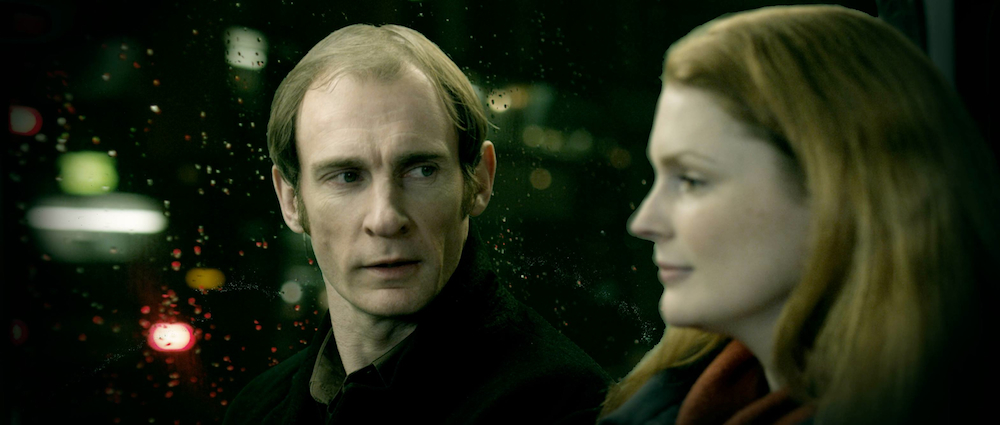
The actual bus route in the film is designated as Leytonstone N39. This route actually doesn’t exist in London. Why did you decide to make it fictional?
I made it up, I don’t know why. I just always imagined that it was set in East London. I thought Leytonstone because I used to live there.
I did not want to make it a real bus because people get very precious about it being accurate. So they’ll be saying, “oh N such and such doesn’t go down that route.” I didn’t want to get into those conversations. So I made up a name and a route designation.
While we were filming, the bus was actually driving. It was driving on a stretch between Aldgate East to Stratford — that long stretch from Whitechapel to Bow Road.
You financed the film yourself for an approximate £20,000. What do you think about the risk you took?
It was scary, but I thought, I’ve been waiting so long for this, that if I don’t do it now, I’ll never do it. And I believed enough in the idea and I believed enough through the rehearsals and the casting process that I knew I had great, great talent in front of the camera. So that if I could capture that and do justice to that in an edit, I feel I really had potential to have something. So that kept me going through that.
I didn’t mortgage my house or anything like that. It’s money that over time I would have done something else with. So it wasn’t sitting there as such, but it was a calculated risk.
Luckily I’ve been around for little while now, fortunately. On the good side I can put in a lot of requests for pretty much nothing. I’ve called in all my favors, my 10 years of favors in one go, really. So in terms of kit and crew, they were very generous toward me to get that next to nothing.
Completing the film, being accepted into the London Film Festival, what’s next for Night Bus?
There a lot of different options potentially. To admit, I have no idea on how these things work. We made a film, we think it’s decent, it got into London Film Festival, we’re going to all these things. We’ve had emails and contacts and people wanting to look at it and that kind of stuff. I don’t know how it works.
But one thing for sure though, if it doesn’t get picked up, I’ll put on YouTube. It’ll get out there; it’s just a matter of a traditional route, a semi-traditional route or a completely non-traditional route.
We don’t have investors waiting to get their money back, so we can do what we want with it.
And how about your next project?
In the spirit of pragmatism, I have a fair amount of ideas. It’s just a matter of how interested people are in the ideas that I have. I’ve been around long enough that I know there are many false doors and moments where you think it could happen and it doesn’t. So, I’m just enjoying the moment in the sun for what it is.

Related Reading




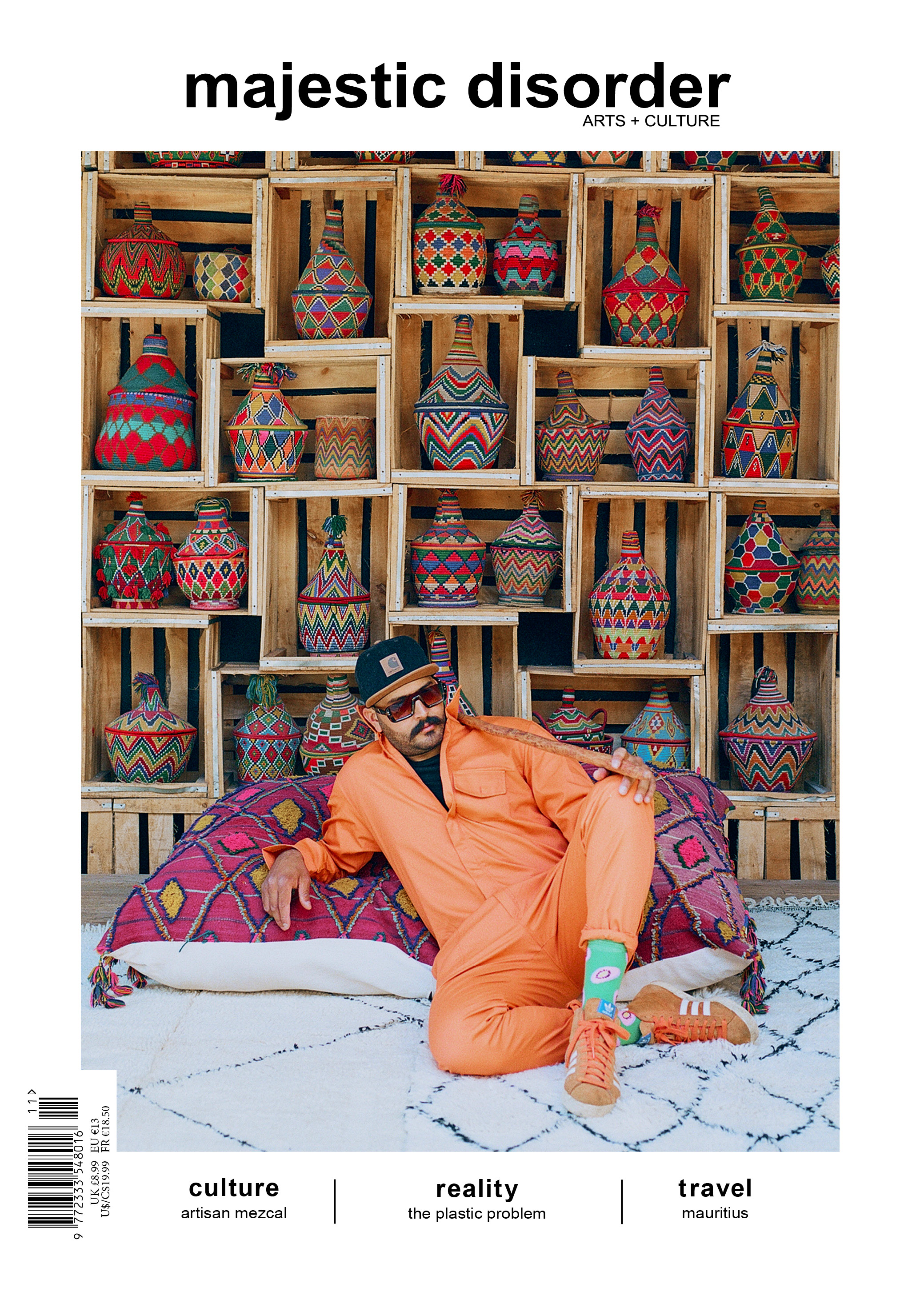
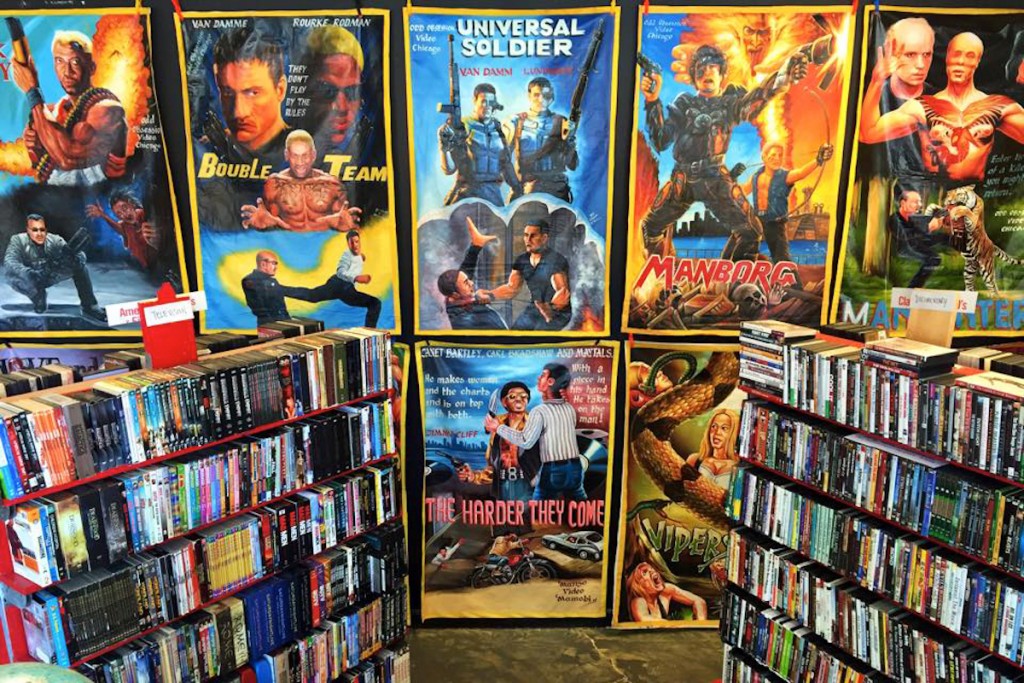
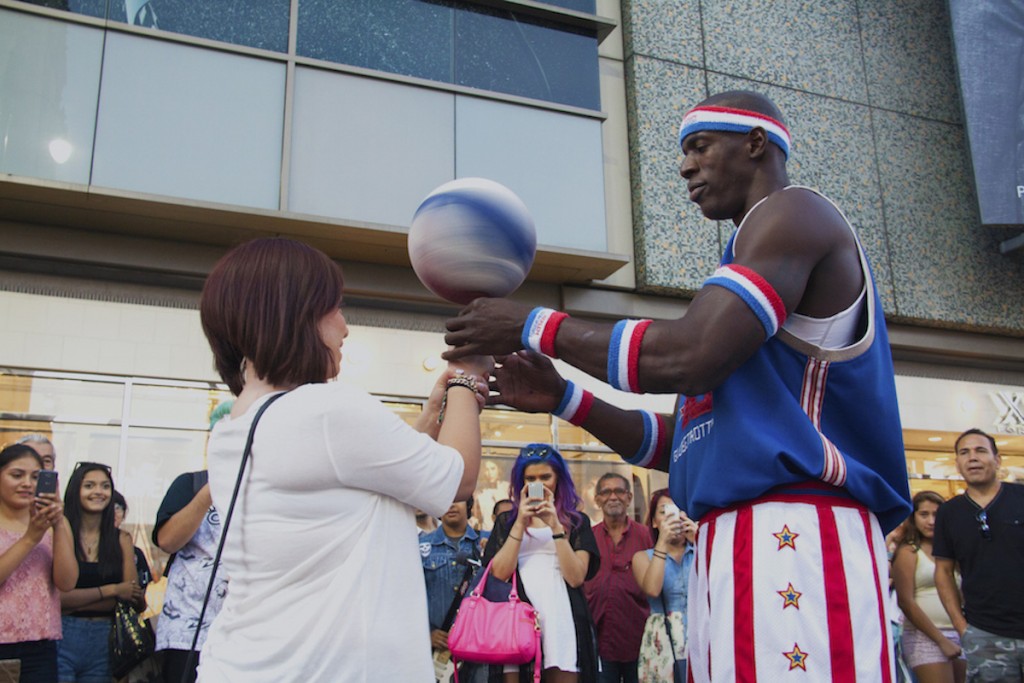
 @majesticdisorder
@majesticdisorder